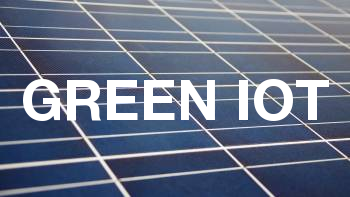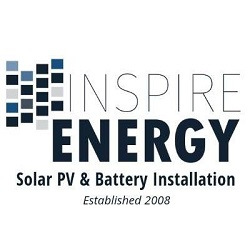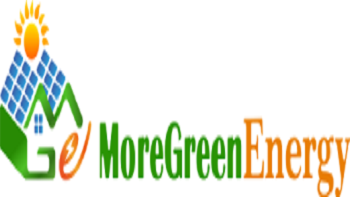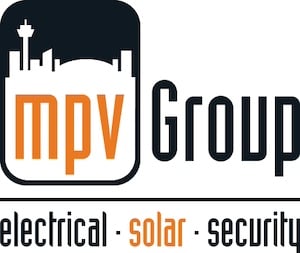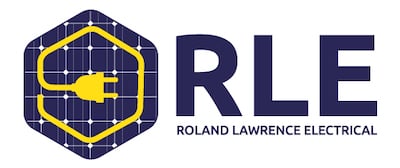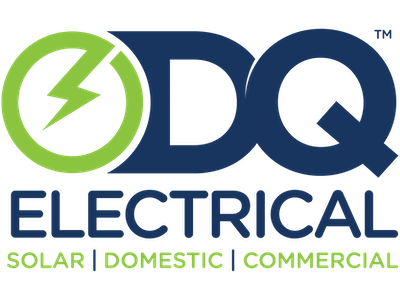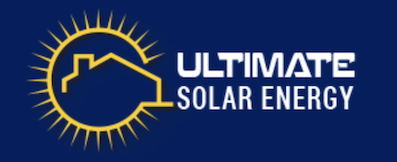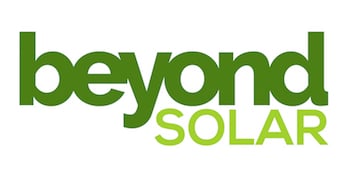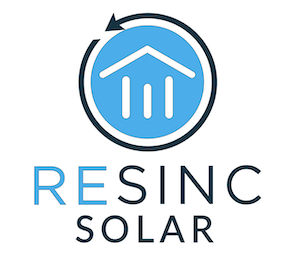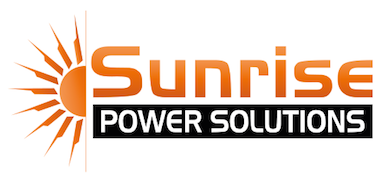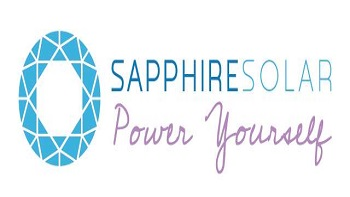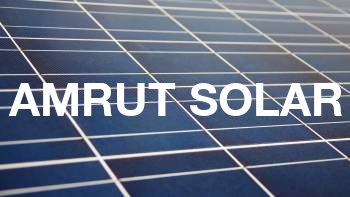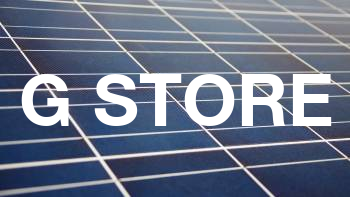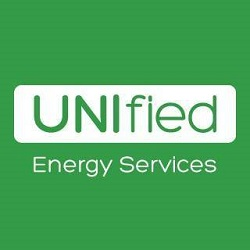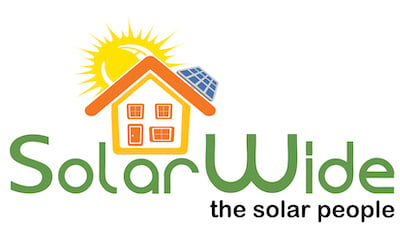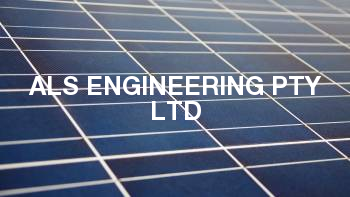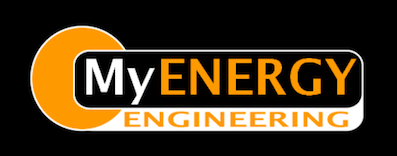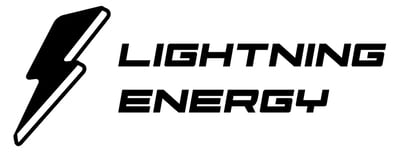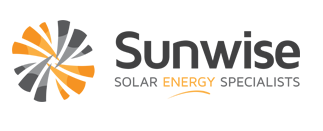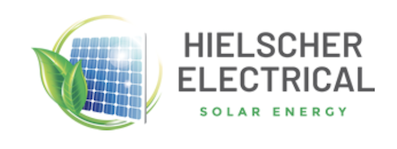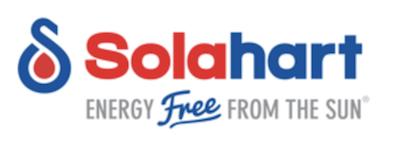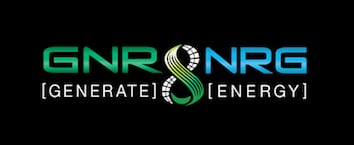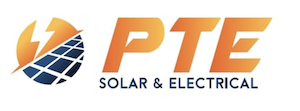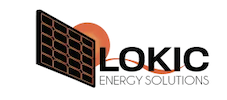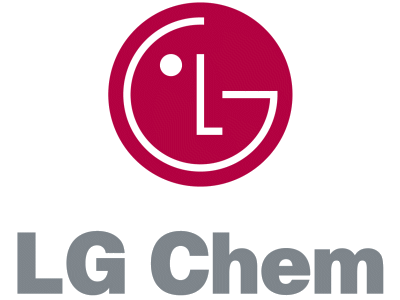

Finn's LG Chem Batteries Review & Verdict
Finn Peacock has been a Chartered Electrical Engineer since 1998, and is ex-CSIRO
While once SQ-recommended, the decision to drop LG from my recommended battery chart wasn't so much because there was and still is a recall (more on that below), but how it has been handled by LG Energy Solution. We've seen numerous complaints about poor communication and follow-up issues from affected owners.
LG Chem Batteries: Pros & Cons
- Long-established major company
- Poor handling of battery recall
About LG Chem
LG Chem (nowadays known as LG Energy Solution) has been in the battery business for a very long time and first launched its Residential Energy Storage Unit (RESU) product in Australia in 2015.
Australian Office Contact Details
Address: Unit 12, 35 Dunlop Road, Mulgrave, Victoria, 3170
Telephone: 1300 178 064
Telephone (recall): 1300 677 273
Email (sales): [email protected]
Email (support): [email protected]
Website
Company Info
These days, LG stands for "Life's Good", but it once represented "Lucky Goldstar".
Way back in 1947, Lucky Chemical was founded in South Korea, which was the starting point of LG Group. GoldStar was a South Korean electronics company established in 1958. Both companies merged to form Lucky-Goldstar in 1983.
In 1992, Lucky Goldstar began lithium-ion battery research. The corporate name was changed to LG Electronics and LG Cable in 1995. The company began mass production of Korea's first lithium-ion batteries in 1999 and by the end of 2011, it was the world's third-largest manufacturer at that point.
In 2015, LG unveiled the RESU 6.4kWh battery for home energy storage. This had slightly less capacity than Tesla's original Powerwall offering (7 kWh), and could expanded to 12.8kWh with 3.2kWh expansion units. The following year, the company chose Australia as the first market for its new range of RESU solar batteries, which were cheaper, smaller, lighter and available in more configurations.
In 2020, LG Chem's battery business became a separate company and changed its name to LG Energy Solution Ltd.
And then, the recall ...
LG Battery Recall
LG Energy Solution Australia launched a recall in March 2021 for various LG Chem RESU models and battery packs with cells from specific production lots. Affected batteries may overheat and catch on fire - and there have been incidents of this happening in Australia.
That recall was expanded and is still active, with some affected batteries still not replaced or had the diagnostic software installed as at late October 2024; more than three and a half years on.
Affected LG battery packs were also installed in some battery systems from other brands, including:
- Redback SH5000
- Red Earth Sunrise
- Red Earth Drop Bear
- SolaX Power X-cabinet and PowerStation
- Opal Storage
- Eguana Evolve
- VARTA Pulse Neo
If you know of someone with an LG battery or one of the other brands above, please let them know about the recall.
LG Home Batteries
LG Energy Solution's flagship products have been the RESU range of solar battery systems, but in early 2024 the company unveiled a new product line for Australian customers - the Enblock. The Enblock is expected to be available in Australia in the final quarter of 2024.
LG RESU
Low-voltage LG RESU current models are still available in 10kWh (8.8 kWh usable) and 12kWh (11.7kWh usable) capacity. Some expansion is possible using the LG Resu Plus Battery Combiner. There's also the high voltage Prime RESU available in 10kWh (expandable to 19.2 kWh useable capacity) and 16kWh capacity (expandable to 32 kWh).
The power ratings range up to 7kW steady, 11kW peak for the Prime RESU 16, so there's a RESU with sufficient grunt for most common residential applications.
Among the benefits of LG RESU batteries is they can be used in both off-grid and hybrid setups.
It's also a compact battery thanks to the use of lithium nickel manganese cobalt oxide (NMC) technology, but NMC tends to have a shorter cycle life and degrades more rapidly than chemistries such as Lithium Iron Phosphate (LiFePO4/LFP).
One of the drawbacks of the non-Prime RESU battery is it is warranted to 45ºC ambient temperature (50ºC for the Prime) - but this is only problematic in some parts of Australia (although "some" is growing due to climate change impacts).
While on the topic of weather, these batteries are IP55 rated, so they can be installed outdoors as well as indoors.
Hybrid inverter compatibility for the RESU LV range includes selected models from Sungrow, GoodWe, Selectronic, Solis and LG's LGES-5048. Inverter compatibility for the Prime range is the SMA SBS5.0 and General Electric GEH5-10kW
For more specifications on various RESU models, check out our battery storage comparison table.
LG Enblock
Unlike the Resu range, the Enblock E battery features lithium iron phosphate (LFP) cells; widely regarded as a superior chemistry in terms of stability and safety.
The Enblock E will be available (expected in Q4 2024) in 12.4kWh (usable capacity) or 15.5kWh, but 9.3kWh is possible with selected inverters. Note that retrofitting an additional storage module can only be done up to two years after commissioning of the original system.
Enblock E systems are comprised of 28.5-kilogram 3.1 kWh battery packs and a 6-kilogram battery protection unit (BPU). The 12.4 kWh version consists of four battery packs and a BPU, and the 15.5 kWh version has five battery packs and a BPU.
The Enblock E can deliver up to 7.7kW of peak power output (6.4kW for the 12.4kWh model) and has a small footprint of 451 x 330mm. Its operating temperature range is -10°C to 45°C (charging) and -20°C to 45°C (discharging) and it has an ingress rating of IP55.
For a new solar system, Enblock can be added with DC coupling, or AC coupled for a retrofit to an existing solar system. It will be compatible with selected hybrid inverters from Fronius, SMA, Goodwe, Sungrow and Solis.
LG Battery Warranty Information
The LG RESU has a 10 year warranty as does the Enblock, but we haven't sighted the Australian Enblock warranty document as yet. The company also warrants its batteries will retain at least 60% of storage capacity for either 10 years after the date of the initial installation or for a minimum energy throughput that varies according to model - whichever comes first.
Conclusion
While a manufacturer warranty is only good if the company is around to honour it, LG has been around a long time and there's nothing to indicate that won't continue. But the recall handling hasn't inspired confidence.
If you're one of the many Australian LG RESU owners, others considering a purchase would be curious about your experience - leave a rating and review.
LG Chem has 5 solar batteries in our database
Filter by:
LG Chem Reviews (107)
Show Most Relevant reviews from All time
- 5 star 82
- 4 star 14
- 3 star 4
- 2 star 4
- 1 star 3
View Timeline
16 December 2024
01 November 2021
03 October 2019
28 January 2024
An incentive was offered by Stored Solar for this review. Learn more here.
28 January 2024
An incentive was offered by Stored Solar for this review. Learn more here.
10 August 2022
17 July 2022
13 July 2022
Cannot fault it. I am converting to all electric by December and will buy an Enphase 10kW as well to connect to my separate Enphase system of 6.6kW panels. I might have essential circuits backed up to the new battery like fridge, internet, tv, in case our supplier has issues.
13 February 2022
19 July 2021
On days that are partly cloudy, they can fully charge, then discharge partially during the day and then recharge again. This means they can provide more energy for use - just yesterday battery energy used was 25 kWh due to this multiple charging in one day.
13 July 2021
10 June 2021








